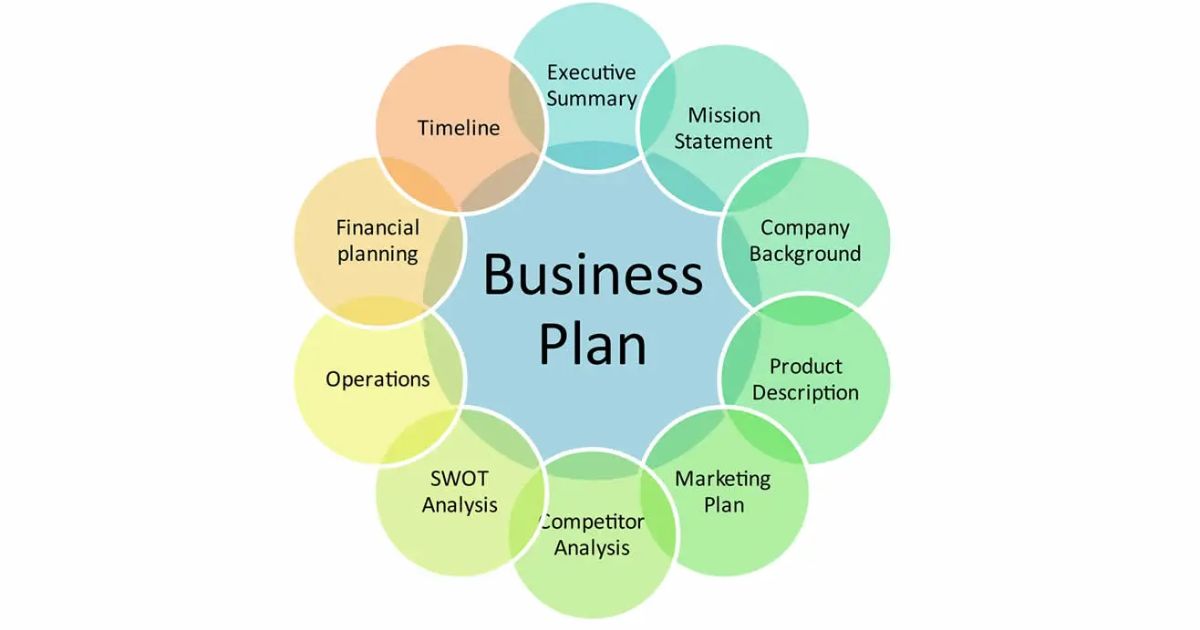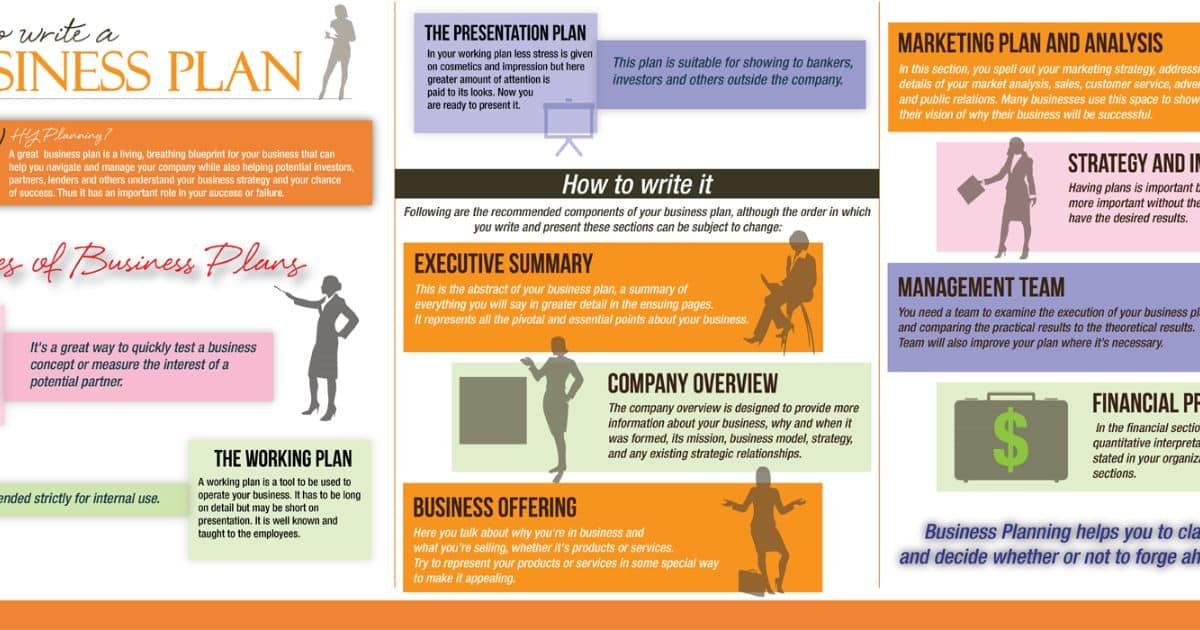In the realm of business planning, the question of how long it takes to write a comprehensive and effective business plan is one that often arises. This article aims to provide an analytical exploration of this topic by examining various factors that influence business plan writing time, including thorough research, efficient structuring, and common mistakes that may delay completion. By offering strategies to expedite the writing process and setting realistic expectations, this article seeks to equip readers with valuable insights for their own business plan development endeavors.
Key Takeaways
• The time required to write a business plan depends on factors such as the complexity of the business idea, the size and scope of the venture, and the level of detail required.
• Writing a business plan can take several weeks to several months, depending on the complexity of the business model, industry regulations, and market research requirements.
• Strategies to speed up the business plan writing process include utilizing pre-existing templates, delegating tasks among team members, conducting efficient research techniques, seeking professional assistance, and streamlining the process.
• Thorough research is important in business plan development as it provides a solid foundation for decision-making and planning, helps identify potential risks and opportunities, and tailors strategies effectively.
Factors Influencing Business Plan Writing Time
Various factors have been found to influence the time required for writing a business plan. These factors include the complexity of the business idea, the size and scope of the business venture, the level of detail required in the plan, and the experience and expertise of the individuals involved in its creation. A highly complex business idea may require extensive research and analysis, which can significantly lengthen the time needed to complete the plan.
Similarly, larger and more ambitious ventures may necessitate a more comprehensive and detailed plan. Additionally, individuals with less experience or knowledge in business planning may take longer to develop a well-structured and coherent document. Therefore, these factors should be considered when estimating how long it will take to write a business plan.
This discussion on various factors influencing writing time leads us to consider another important aspect: The average time required to write a business plan.
Average Time Required to Write a Business Plan
The average duration for the completion of a comprehensive strategic document outlining key aspects and objectives of a commercial enterprise is dependent on multiple factors. These factors include the complexity of the business model, industry regulations, market research requirements, availability of financial data, and the experience and expertise of the individuals involved in the writing process. On average, it can take anywhere from several weeks to several months to write a business plan.
However, these timeframes are not set in stone and can vary significantly depending on the specific circumstances of each organization. In order to expedite this process without compromising quality, businesses can employ various strategies such as utilizing pre-existing templates, delegating tasks among team members, conducting efficient research techniques, and seeking professional assistance. By implementing these strategies effectively, organizations can streamline their business plan writing process and save valuable time and resources.
Strategies to Speed Up Business Plan Writing Process
Strategies aimed at expediting the process of creating a comprehensive strategic document outlining key aspects and objectives of a commercial enterprise include utilizing pre-existing templates, delegating tasks among team members, conducting efficient research techniques, and seeking professional assistance. These strategies can significantly reduce the time required for business plan writing while ensuring its quality. By using pre-existing templates, businesses can save time by not starting from scratch and instead focusing on customizing the template to their specific needs.
Delegating tasks among team members allows for parallel work streams, accelerating the overall progress. Conducting efficient research techniques helps gather relevant information promptly, enabling informed decision-making. Seeking professional assistance ensures access to expertise that can streamline the process and provide valuable insights. Implementing these strategies fosters efficiency in business plan creation, allowing businesses to achieve their goals faster while feeling a sense of belonging in a community that values strategic thinking and success-driven approaches.
Importance of Thorough Research in Business Plan Development

Thorough research is essential in the development of a comprehensive strategic document that outlines key aspects and objectives of a commercial enterprise. The importance of research lies in its ability to provide a solid foundation for decision-making and planning processes. By conducting thorough research, businesses can gather relevant data, analyze market trends, identify potential risks and opportunities, and make informed decisions based on empirical evidence. This not only enhances the credibility of the business plan but also increases the likelihood of achieving organizational goals.
Incorporating meticulous research into the business plan allows organizations to understand their target market, competitor landscape, industry dynamics, customer preferences, and emerging trends. This knowledge enables businesses to tailor their strategies effectively and position themselves competitively within the marketplace. Additionally, by analyzing relevant data and information during the research phase, businesses can identify gaps or areas for improvement in their current operations or offerings.
Overall, thorough research serves as a critical component in developing a comprehensive business plan that aligns with organizational goals and provides strategic direction. It empowers businesses to make informed decisions that maximize growth opportunities while mitigating potential risks. Therefore, investing time and resources into conducting extensive research is crucial for any commercial enterprise seeking long-term success in today’s dynamic business environment.
Word count: 153
Tips for Efficiently Structuring Your Business Plan
Efficiently structuring a business plan involves organizing key information and elements in a logical and coherent manner. A well-structured business plan not only enhances the overall readability but also increases the chances of success for the venture. Here are some tips to efficiently structure your business plan:
• Clearly define your goals and objectives: This will provide clarity and direction for your business.
• Identify your target market: Understanding your customers’ needs and preferences is crucial for effective marketing strategies.
• Develop a comprehensive financial plan: This includes forecasting revenue, estimating costs, and projecting profitability.
Common Mistakes That Delay Business Plan Completion
Common mistakes in the completion of a business plan can lead to delays in its finalization. It is crucial for entrepreneurs to be aware of these common pitfalls and take proactive measures to avoid them. One common mistake is a lack of thorough research and analysis, which can result in an incomplete understanding of the market, target audience, and competition.
Another mistake is poor organization and structure, making it difficult for stakeholders to navigate through the plan effectively. Additionally, inadequate financial planning, such as underestimating costs or overestimating revenue projections, can hinder progress. Moreover, a failure to adapt and revise the plan when necessary can hinder its successful completion. To mitigate these risks and ensure timely completion of a business plan, entrepreneurs should prioritize diligent research and analysis, effective organization and structure, accurate financial planning, and adaptability throughout the process.
(124 words)
Setting Realistic Expectations for Business Plan Writing Time
Setting realistic expectations for the time required to complete a business plan is essential for entrepreneurs to effectively allocate resources and manage their workflow. The duration of writing a business plan can vary depending on various factors such as the complexity of the business idea, industry research required, and the availability of necessary data. However, it is crucial to understand that rushing through the process may lead to incomplete or insufficient plans. Therefore, entrepreneurs should consider the following when setting expectations for business plan writing time:
• Conduct thorough market research: This ensures accurate understanding of target markets and competitors.
• Develop a comprehensive financial forecast: This helps in projecting revenue streams and estimating costs.
• Seek feedback from mentors or advisors: Their insights can enhance the quality of the plan.
Conclusion
In conclusion, the time required to write a business plan can vary depending on various factors such as the complexity of the business, the amount of research needed, and the writer’s experience. On average, it may take several weeks to a few months to complete a comprehensive business plan. However, by implementing strategies to streamline the writing process and conducting thorough research, entrepreneurs can expedite the process. It is crucial to avoid common mistakes that can delay completion and set realistic expectations for writing time. Remember, Rome wasn’t built in a day!








